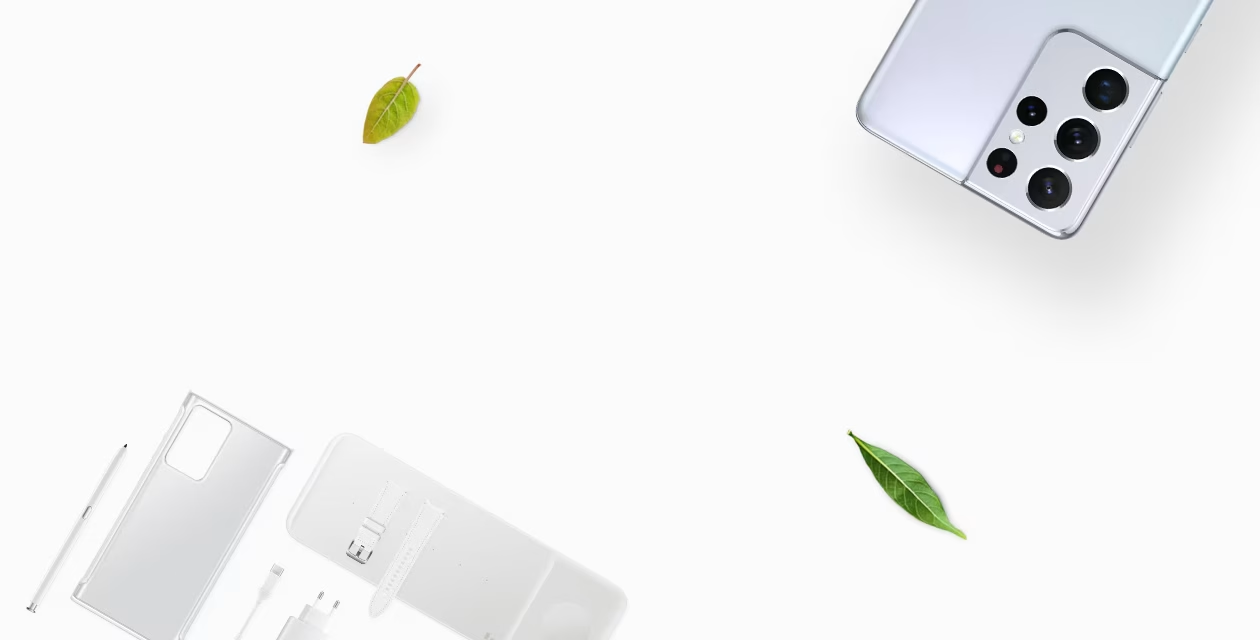The author and Assemblyman Steve Katz
I’m always surprised at how few people realize that we have legal medical marijuana in New York. Governor Cuomo signed it into law in July after months of deliberation in which he dismantled several of its essential tenets. It’s incredibly limited—smoking is barred in favor of vaping and edibles, there will only be 20 locations in the entire state that distribute cannabis, and only the extremely ill qualify to get it. But the fact remains that medical marijuana is legal here, and the state government has 18 months to implement it.
Videos by VICE
I’ve been following the story since January, and it didn’t look like it would happen until the very end. Even after it was passed and signed, it had no immediate effect on my life, so there was nothing to make it feel like a reality. I can still be arrested or ticketed for having weed on me, and I’d probably catch a beating and a charge for smoking it anywhere. It didn’t occur to me that New York made any progress on marijuana until I attended a cannabis industry luncheon in Manhattan a couple of weeks ago.
The National Cannabis Industry Association held the event at a restaurant called Humphrey. I pounded a few hits from my vape pen before walking in. Entering the bar, I realized that I had been here before. The last time I had a drink here, they called it Basque and had an 80s red and black sci-fi theme conceived by Syd Mead. It’s now transformed into a white tablecloth joint, and on that day weed entrepreneurs from every corner of the legal game filled the seats. There were lobbyists who schmooze politicians to get weed legislation passed, owners of growhouses vying to get cultivation licenses in newly legalized states, and founders of companies that make everything from edibles to optimized soil. One of the organizers led me to a table with all the other press people.
I was disappointed to find that the other reporters covering this thing were not the friendly, fun-loving ones I usually meet at cannabis events. Instead, they were a handful of young men and women who had the competitive glint in their eye that I imagine White House reporters invented. I smiled and introduced myself to the table, but the only person who reciprocated was a middle-aged woman from a women’s magazine. She seemed to realize upon arriving there that she wouldn’t get a relevant story out of it for her magazine, so she was just chilling until lunch ended. She asked me what I did, and I told her I started out as a music journalist but now I pretty much only write about weed. I ended my explanation with, “And I love weed, so it all works out great.” At this, a reporter from a well-known news site sitting at the table started chuckling. I immediately recognized the nature of this chuckle, and I was extremely peeved.
“You’re laughing because I said I love weed?” I asked her. Still laughing, she tilted her head to the side and patronizingly said, “It’s funny!” I was fuming, but I hid it well. I began, “Y’know, that attitude is exactly the problem with how people look at weed these days.” I tried really hard not to swear. “Shit” and “fuck” would not match the white tablecloths. “I don’t think you understand that cannabis is not the cartoonish, tie-dye goof drug that you think it is. It’s a medicine and a crop and a recreational drug, and it needs to be legal. A lot of people, plenty of whom are in this room, fought those stereotypes for a long time so we could get to a place where the concept of marijuana legalization wouldn’t be laughed out of the room. And here you are, laughing right at it like Harry Anslinger.” Her expression told me that she had no idea who Harry Anslinger was. That wasn’t her fault. Perhaps you have to have a particular interest this area to know the Hitler of marijuana by name. But she was unfazed by the rest of my rant and in fact continued laughing throughout.
It dawned on me that this is the type of reporter writing most of the weed news in America today. They don’t understand it, they certainly don’t use it, and when they can’t think of an intelligent reaction to it, they laugh. If you’re reading a local newspaper other than the Denver Post or the Seattle Times, you’re likely to see glaring errors. For example, referring to extractions as “making drugs” or reporting with the assumption that weed makes you hallucinate and become violent. That may sound like Reefer Madness-era propaganda, but in fact reporters are using such fallacy as fact more and more as cannabis reportage increases. Often it comes with some admittance of the world’s changing attitude on cannabis and the newly discovered medical benefits before launching into a rhetorical discussion that all potheads put to rest long ago—“Marijuana is a revolutionary plant… but does it make you crazy?” No. What makes you crazy is believing everything you read about something even though you’ve never tried it.
The other reporters at the table seemed just as square as the laugher, and I remained silently annoyed until a familiar person sat down right next to me. After the frustration of realizing that reporters know nothing about weed, I was deeply relieved at the sight of a pro-legalization Republican politician—New York marijuana advocacy’s elusive snow leopard. This was Assemblyman Steve Katz, a veterinarian from Westchester who used to be completely against legalization until last year, when a cop pulled him over for speeding on the New York State Thruway and discovered a bag of weed in Katz’s car. The cop arrested him and charged him with possession. He also got a speeding ticket.
Katz dealt with his situation in a way that no one else, not Bill Clinton or Michael Phelps, had the balls to do. He decided to go full on pro-marijuana, becoming one of the most outspoken advocates of New York’s medical marijuana bill. He came to the luncheon to speak about the issue. A few months back, I interviewed him on the phone for High Times, so I introduced myself. “That was a good piece!” he said. The guy ate a lot of criticism for the weed incident, so he was glad to meet a reporter who applauded his change of heart on weed. We chatted for a few minutes until someone introduced Katz on the microphone and mentioned his “brush with the law.” When he heard that, Katz put on a sheepish smile and shuffled his notes. I leaned over to him and said, “It’s all good, sir. I recently had one of those brush too.” He raised his eyebrows with genuine concern and said, “Oh no, man,” the same way one of my friends would have. I told him I’d tell him about it after his speech.
I didn’t get a chance to tell Katz about my own experience that day, but I will tell it in an upcoming column so everyone can share in the ordeal.
Follow T. Kid on Twitter
More
From VICE
-

(Photo by Emma Farrer / Getty Images) -

Samsung Trade-In Program. Phones Disassembled – Credit Samsung -

Getty Images -

Screenshot: Shaun Cichacki